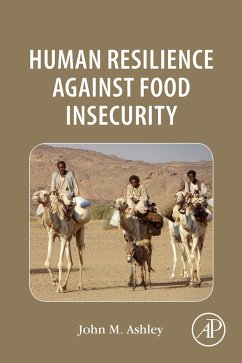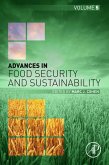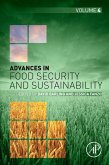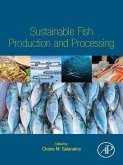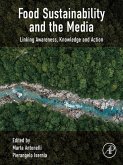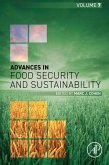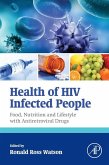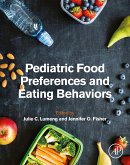The book includes references to countries which are not in the lowest of the categories prescribed in the UNDP Human Development reports, also including minority groups in developed countries, such as the hunter-gatherer Inuit communities of Canada, to provide an inclusive view of the issues and concerns relevant to addressing food insecurity.
- Includes a global array of case studies
- Presents stories of success and failure in building resilience against food insecurity with the causative human aspect underlying each
- Addresses the social and cultural anthropological foundation of combatting food and nutrition insecurity
Dieser Download kann aus rechtlichen Gründen nur mit Rechnungsadresse in A, B, BG, CY, CZ, D, DK, EW, E, FIN, F, GR, HR, H, IRL, I, LT, L, LR, M, NL, PL, P, R, S, SLO, SK ausgeliefert werden.

